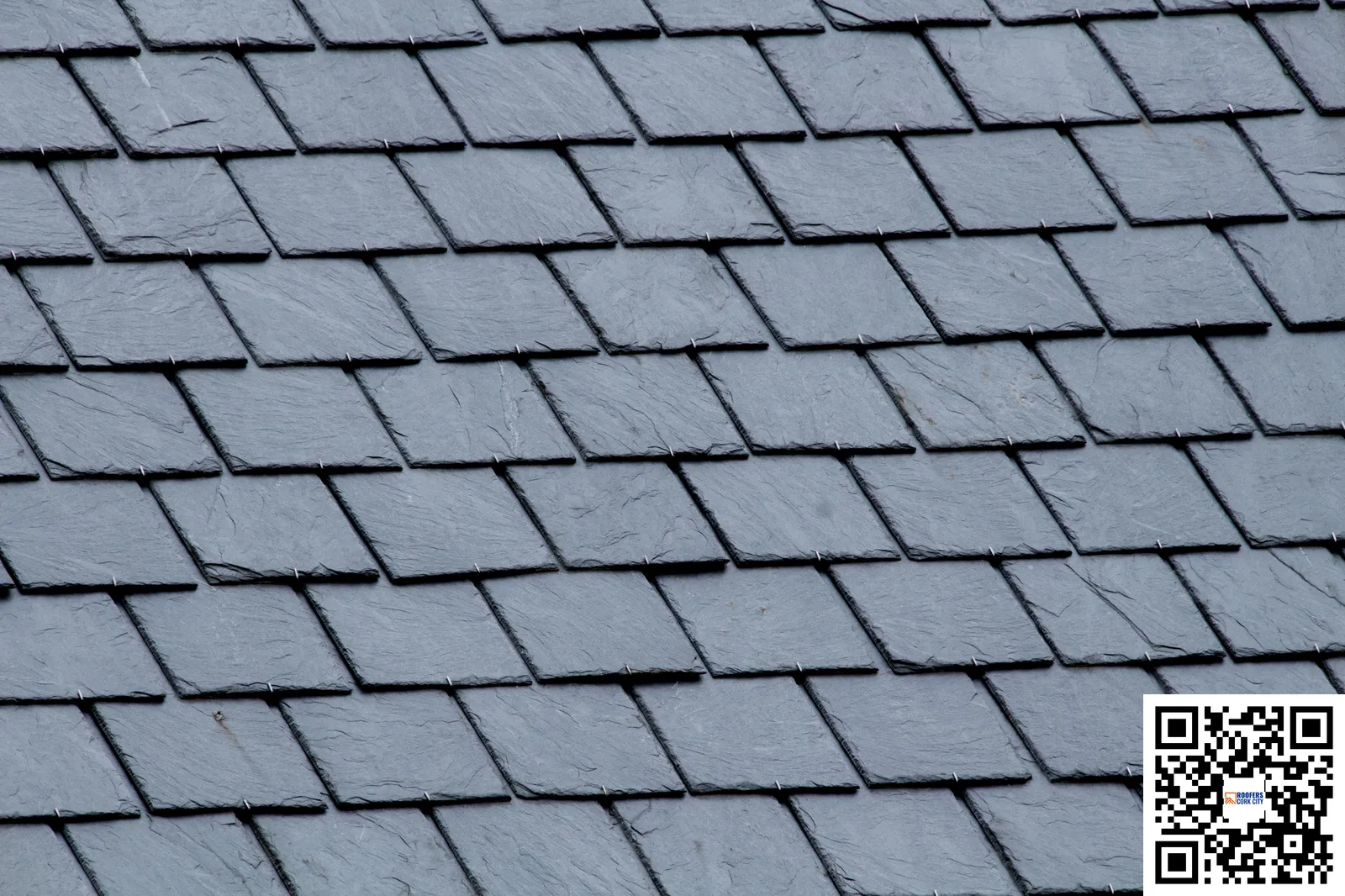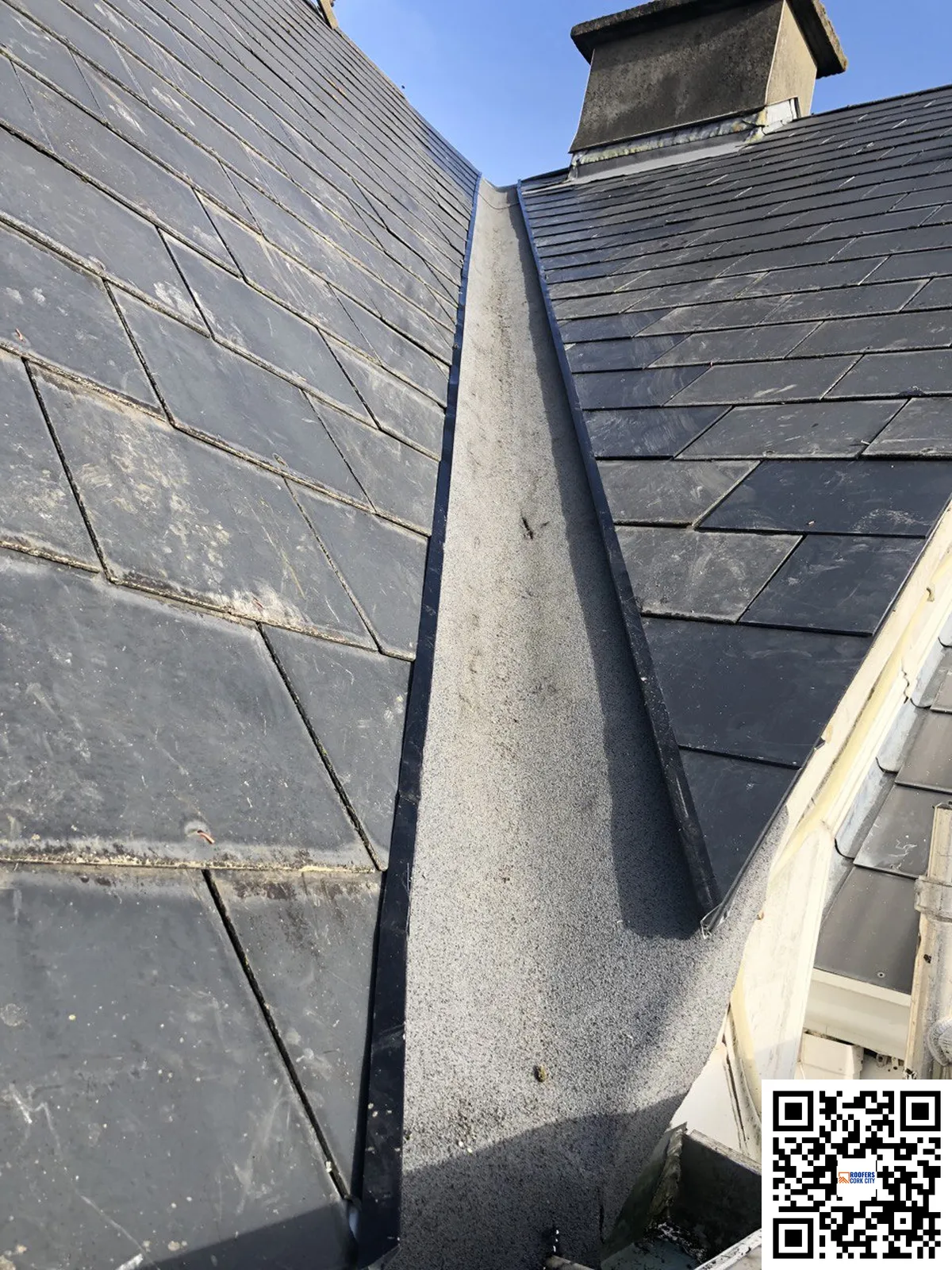When it comes to replacing your roof, many factors come into play. Among these, environmental factors can significantly influence the overall cost of your roofing project. In this article, we'll explore how these elements affect your expenses and what you can do to prepare for a successful roofing replacement.
Understanding Roofing Replacement Costs
What are Roofing Replacement Costs?
Roofing replacement costs refer to the total expenses incurred when replacing an existing roof with a new one. This includes materials, labor, permits, and any additional services required. The average cost can vary widely based on several factors such as the type of roofing material chosen, the complexity of the roof's structure, and indeed, the environmental conditions in your area.
How Do Environmental Factors Impact Your Roofing Replacement Costs?
Environmental factors are crucial in determining the cost of a roofing replacement. These include climate conditions, geographical location, and even local regulations regarding building materials. For example:
- Climate Conditions: Areas with frequent storms or heavy snowfall may require more durable materials that can withstand harsh weather. Geographical Location: Urban areas might face higher labor costs due to increased demand for skilled roofers. Local Regulations: Some regions mandate specific roofing materials or styles that can increase overall expenses.
In Cork, for instance, utilizing recommended roofers in Cork who understand local climate conditions can help ensure you're choosing materials that will not only fit your budget but also last longer under local weather challenges.
Factors Affecting Roofing Costs
1. Type of Roofing Material
Different roofing materials have different costs associated with them. Common choices include asphalt shingles, metal roofs, and tiles. Each has its own price point http://breakdown.timeforchangecounselling.com/investing-in-your-home-understanding-roof-replacement-expenses-in-cork influenced by:
- Durability Installation Difficulty Aesthetic Appeal
For example, while asphalt shingles are often cheaper upfront, they may not last as long as metal roofs or tiles. Therefore, considering long-term costs should be part of your decision-making process.
2. Roof Size
The size of your roof directly impacts the cost of replacement. Larger roofs require more materials and labor hours:
- A small roof might only need a few hundred square feet of material. A sprawling estate could exceed thousands of square feet.
3. Labor Costs
Labor is a significant part of any roofing project. The expertise level required can impact pricing:

- Basic installations may be done by less experienced workers. Complex structures may require highly skilled professionals like those from reputable roofing contractors in Cork.
4. Complexity of Roof Design
Roofs come in various designs that can complicate installation:
- Flat roofs are typically easier and more affordable to replace than gabled or mansard roofs.
More complex designs often lead to higher costs due to increased labor time and potential safety concerns for workers.
5. Existing Roof Condition
If your existing roof has extensive damage or needs complete removal before installing a new one:
- Additional disposal fees More labor hours
These factors add directly to your final bill.
Environmental Impacts on Roofing Choices
1. Weather Conditions in Cork
Cork's unique climate brings its own set of challenges when it comes to roofing:
- Heavy rainfall can lead to leaks if improper waterproofing is used. Wind resistance is critical; roofs must be designed to withstand strong gusts common in coastal areas.
Choosing local roofing services in Cork ensures you get expert guidance tailored to these conditions.
2. Local Wildlife Considerations
Wildlife can pose unique challenges for homeowners:

- Birds nesting in gutters Squirrels chewing on shingles
These issues might call for specialized solutions that could affect overall costs.
Energy Efficiency Implications
1. Insulation Needs Based on Climate
Your region's temperature fluctuations will determine insulation requirements:
- Proper insulation helps regulate indoor temperatures.
Investing initially could save you money on energy bills long-term.
2. Reflective Materials for Hot Climates
In warmer regions, reflective roofing materials can reduce cooling costs:
- Energy-efficient options may have a higher initial price but pay off over time through savings on energy bills.
Local Regulations Affecting Roofing Costs
1. Building Codes in Cork City
Certain regulations dictate what materials you can use based on fire safety standards or historic preservation laws:
- Always check with local authorities before beginning work.
This ensures compliance but may also lead to increased costs if special permits or inspections are required.
2. Environmental Sustainability Regulations
As eco-friendly practices gain traction worldwide, some cities promote sustainable building techniques that might affect material choices and pricing:
- Green roofs Solar panels
These options could offer tax incentives but generally come with higher upfront costs.
Selecting the Right Roofer: Key Considerations
When looking for roofers in Cork City or surrounding areas, consider these essential points:
Check their credentials and reviews: Are they licensed and insured? Ask about their experience: Have they worked on projects similar to yours? Get detailed estimates: Ensure all possible costs are included in their proposals. Evaluate warranties: What guarantees do they provide?By doing thorough research ahead of time and selecting a reliable cork roofing company like those recommended by locals will help mitigate unexpected expenses down the road.
Conclusion: Making Informed Decisions About Your Roof Replacement Costs
Understanding how environmental factors impact your roofing replacement costs is vital for homeowners everywhere—especially in places like Cork where weather patterns significantly influence material choices and labor expenses alike! By being aware of these elements beforehand and working alongside knowledgeable professionals such as experienced roofers from trusted companies within our community—you're sure to find solutions tailored specifically towards protecting both property investments while maximizing efficiency over time!
FAQs
1. How do I choose between different roofing materials?
Consider durability, aesthetics, energy efficiency ratings (especially important if living near coastal areas), as well as budget constraints before making decisions!
2. Will my location affect my roofing insurance premiums?
Yes! Areas prone to severe weather patterns may see increased rates due largely because claims tend occur more frequently there compared with less affected regions—it pays off shopping around!
3. Can I install solar panels during my roof replacement?
Absolutely! Many homeowners take advantage upgrading their entire system simultaneously since doing so often leads lower installation fees overall while benefiting from tax credits available!
4. What’s the best time of year for replacing roofs?
Springtime tends be optimal due milder temperatures which allow adhesive applications adhere effectively without risking damage caused harsh winter conditions; fall also works well provided adequate preparations taken beforehand!
5. Should I repair or replace my roof entirely?
This depends largely upon extent existing damage; consult qualified professionals assess situation accurately—they’ll guide next course action based upon findings!
6: How long does it usually take for a full roof replacement?
Timeframe varies depending upon size complexity involved—but most projects complete within 1 week once started provided no delays encountered unforeseen circumstances arise along way!